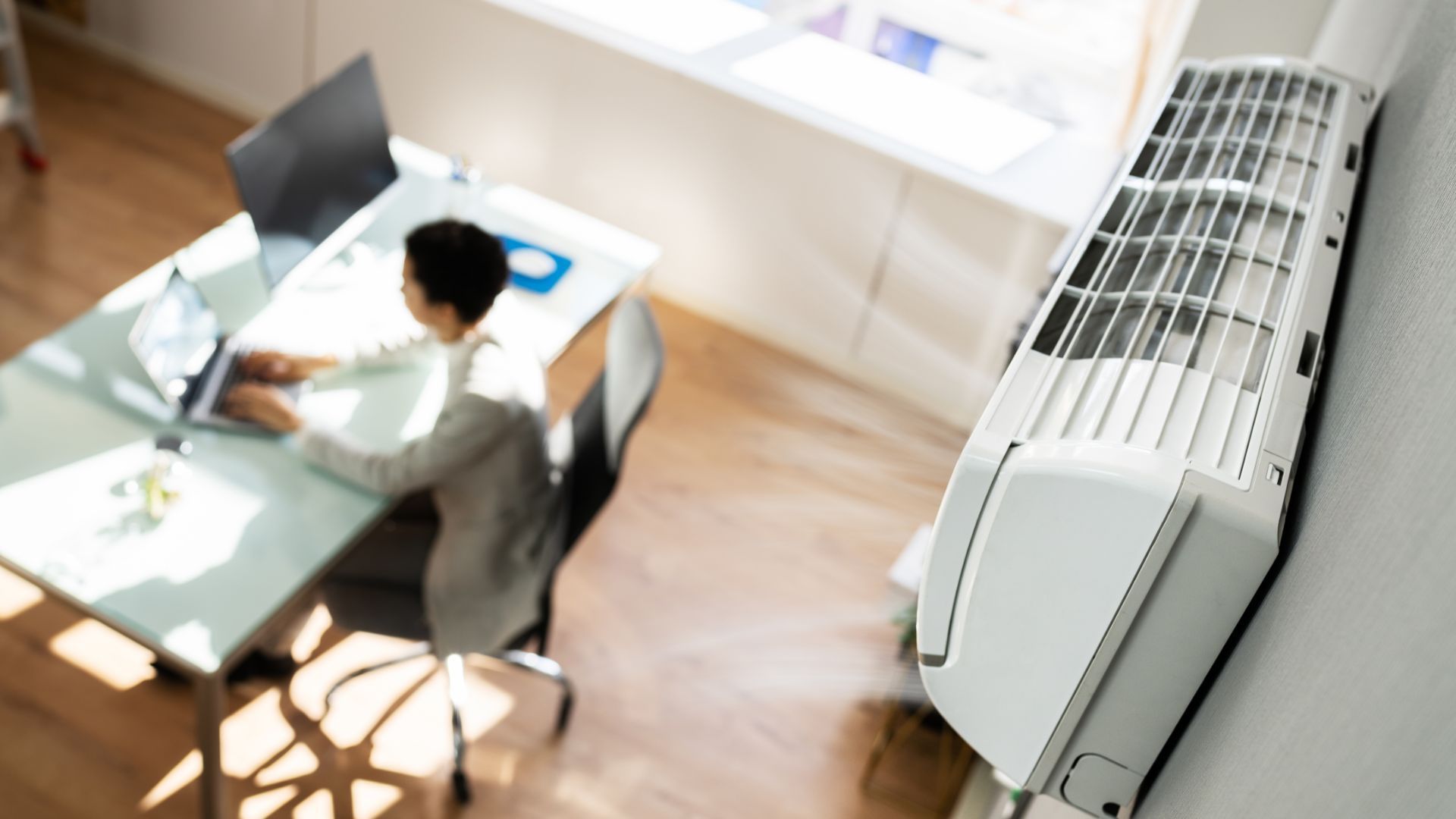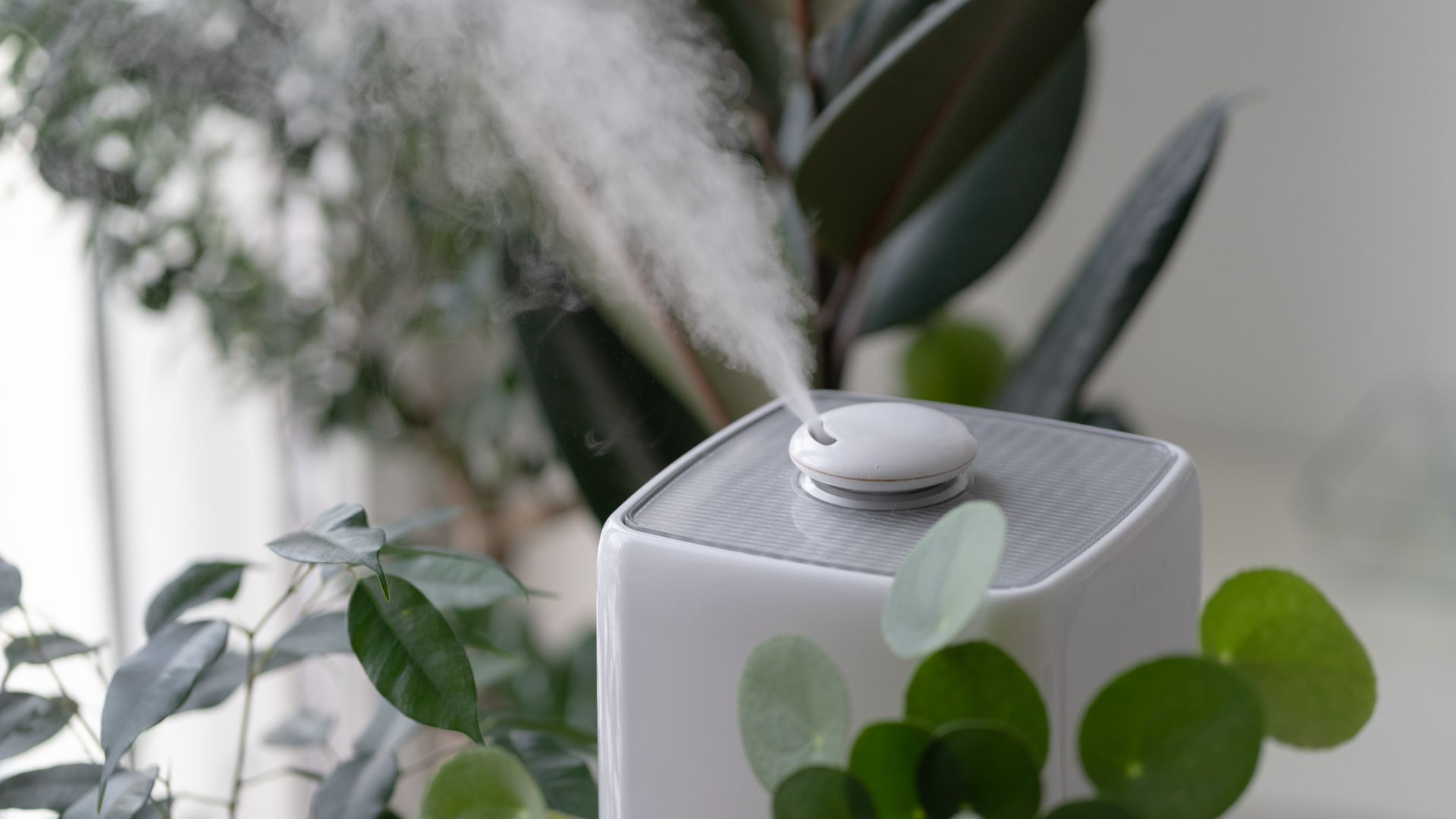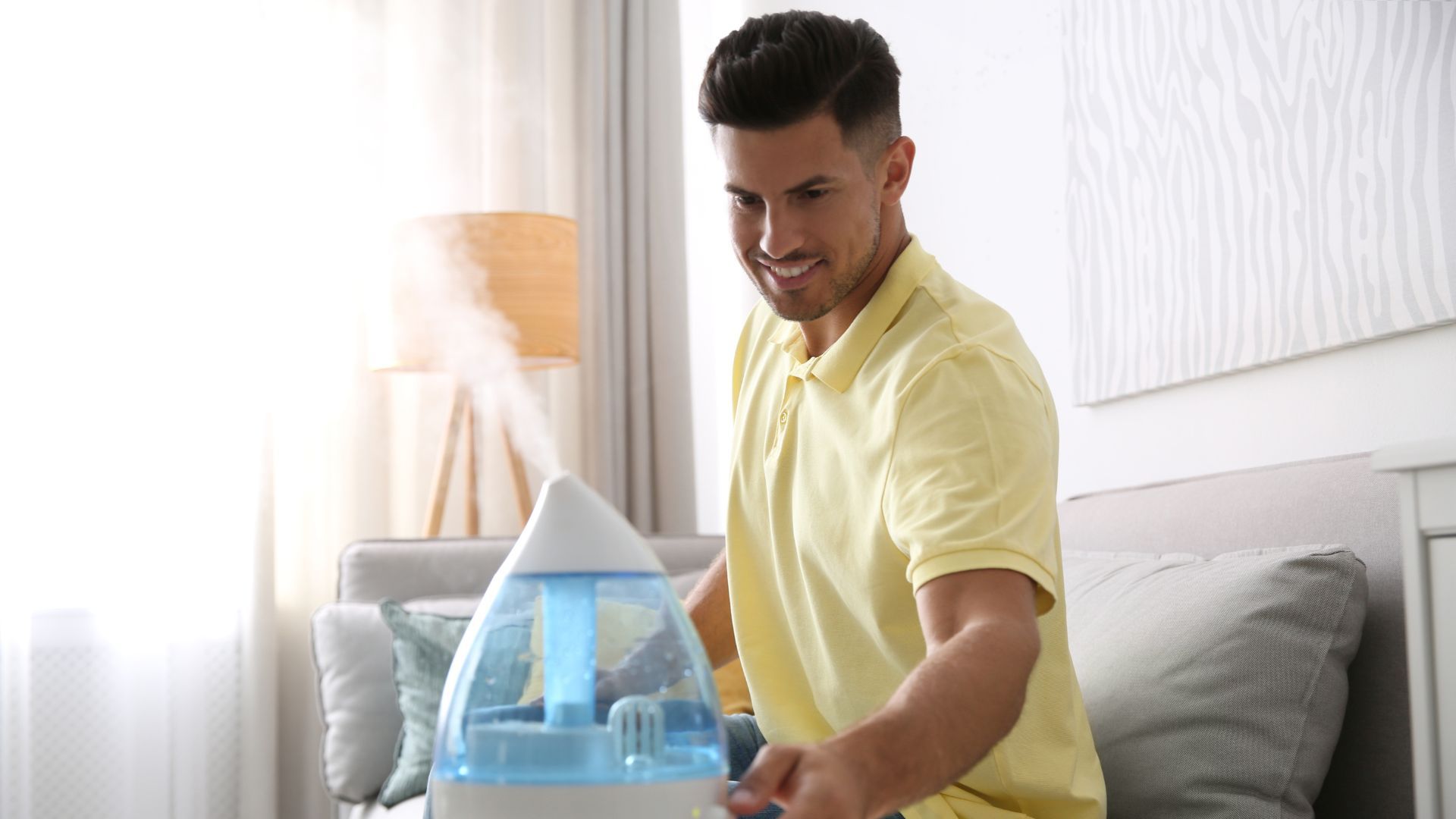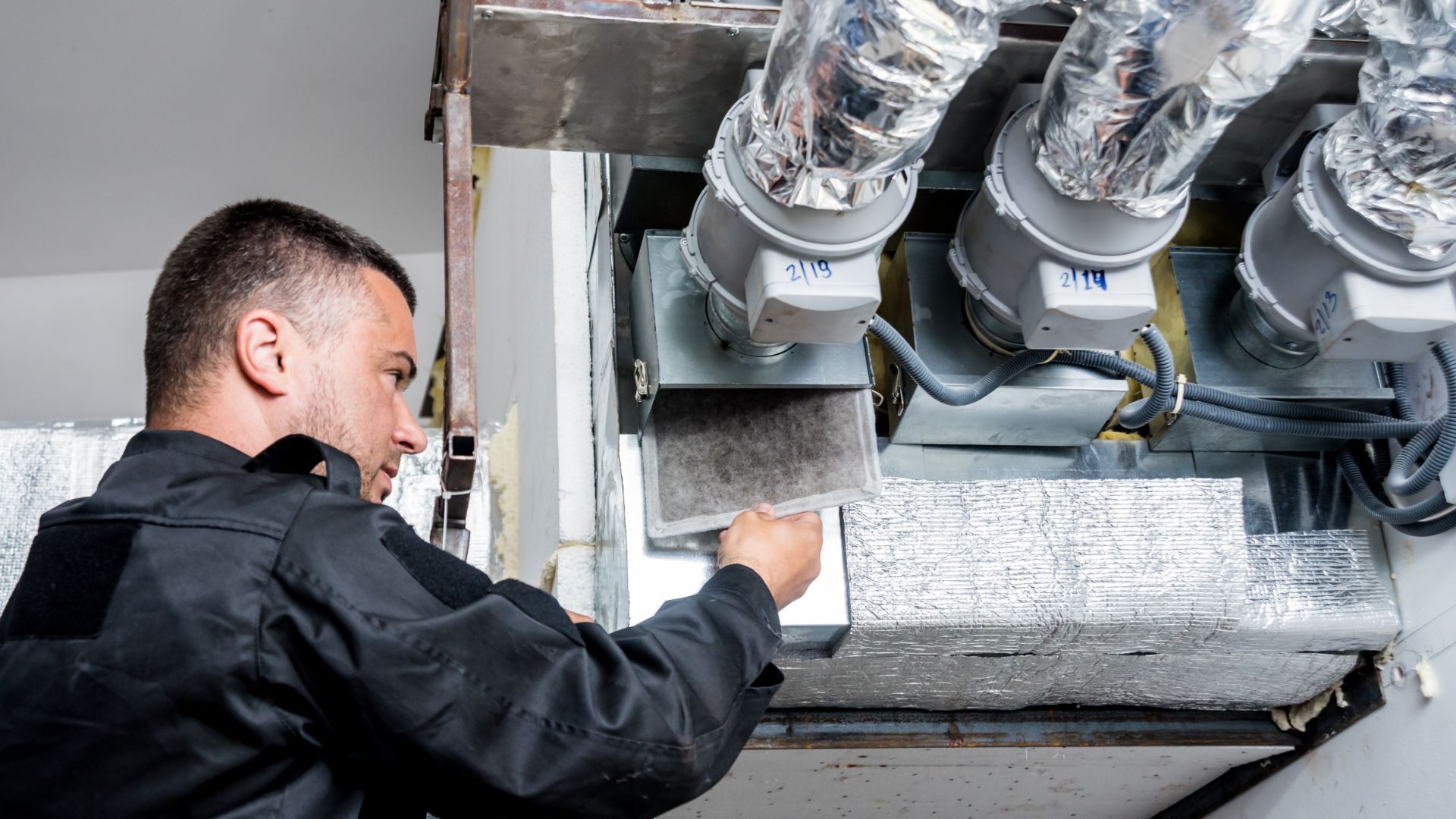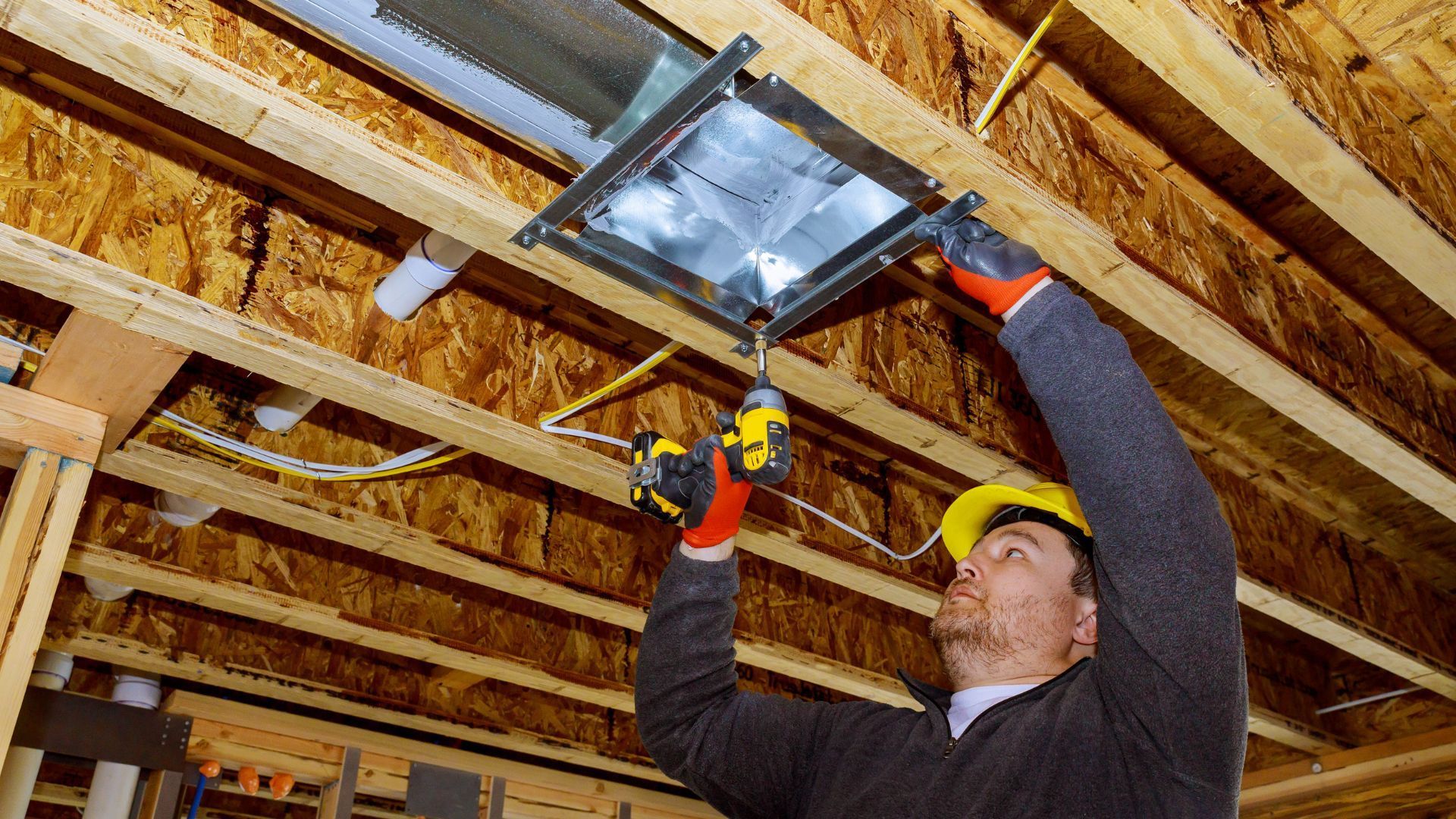How Room Air Purifiers Work: A Comprehensive Guide

Do you ever experience the sensation of your room's atmosphere being stagnant or emitting an unpleasant odor? Do you struggle with allergies or asthma? If this sounds familiar, a room air purifier might just be the solution to enhance your indoor air quality. However, how exactly do these contraptions operate?
In this extensive guide, we will explore the various types of room air purifiers and how they can significantly improve the air quality in your living space.
What is a Room Air Purifier?
Picture this: You're in a stuffy room, feeling like you're breathing in all the gunk and funk in the air. But fear not, my friend! Enter the room air purifier - a superhero gadget that zaps away pollutants and allergens, leaving your lungs feeling as fresh as a daisy.
Yep, you heard it right - this wonder device is specifically designed to give you cleaner and healthier air to inhale. Say goodbye to that pesky dust, dander, and pollen that can leave you feeling congested and itchy. With a room air purifier, you'll be breathing easy in no time.
And here's the best part: it's not just any ordinary air freshener. This bad boy is equipped with powerful filters that suck in all the yucky stuff in the air, leaving only the good stuff for you to inhale. So next time you're feeling like the air around you could use a good cleaning, bring in the room air purifier to do the job. Your lungs will thank you!
Types of Room Air Purifiers
There are several types of room air purifiers, including:
- HEPA Filters
HEPA stands for High Efficiency Particulate Air. These filters are designed to capture particles as small as 0.3 microns, including pollen, dust, and pet dander.
- Activated Carbon Filters
These filters are designed to remove odors and chemicals from the air. They work by trapping the molecules of these substances in the tiny pores of the filter.
- UV-C Lights
UV-C lights are designed to kill bacteria and viruses in the air. They work by emitting ultraviolet radiation that destroys the DNA of these microorganisms.
- Ionizers
Ionizers work by releasing negatively charged ions into the air. These ions attach themselves to pollutants and allergens, making them heavy and causing them to fall to the ground.
How Do Room Air Purifiers Work?
Room air purifiers work by drawing air into the device and passing it through a filter or series of filters. The filter(s) trap pollutants and allergens, leaving clean air to be released back into the room.
Some air purifiers also use additional methods, such as ionization or UV-C lights, to further clean the air.
How Effective are Room Air Purifiers?
The effectiveness of room air purifiers depends on several factors, including the type of purifier, the size of the room, and the level of pollutants in the air. HEPA filters are generally considered the most effective type of filter, as they can capture particles as small as 0.3 microns. However, no air purifier can completely eliminate all pollutants from the air.
Benefits of Room Air Purifiers
Some of the benefits of using a room air purifier include:
- Improved indoor air quality
- Reduced allergens and pollutants
- Relief for allergy and asthma sufferers
- Reduced odors and chemicals in the air
- Improved respiratory health
How often should I replace the filter in my room air purifier?
The frequency of filter replacement depends on the type of filter and how often the purifier is used. In general, HEPA filters should be replaced every 6 to 12 months, while activated carbon filters should be replaced every 3 to 6 months.
Can room air purifiers help with pet allergies?
Yes, room air purifiers can help reduce pet dander and other allergens in the air, which can be especially beneficial for those with pet allergies.
Are room air purifiers noisy?
Some room air purifiers can be noisy, especially those with powerful fans. However, many models are designed to operate quietly, making them suitable for use in bedrooms and other quiet spaces.
Conclusion
In conclusion, room air purifiers are a great way to improve your indoor air quality and breathe easier. With so many different types of purifiers available, it's important to choose the one that best fits your needs. Whether you're looking to reduce allergens, remove odors, or kill bacteria, there's a room air purifier that can help. Remember to regularly clean and replace the filters in your purifier to ensure it's operating at maximum efficiency.
So, there you have it - our comprehensive guide on how room air purifiers work. We hope you found this information helpful and informative. If you have any additional questions or would like more information on room air purifiers, don't hesitate to reach out to a trusted retailer or do some more research on your own.
Ready to breathe cleaner air in London, Ontario? Contact us now and discover how room air purifiers work and say goodbye to pesky pollutants! Don't let poor air quality hold you back from enjoying the best that London has to offer.
